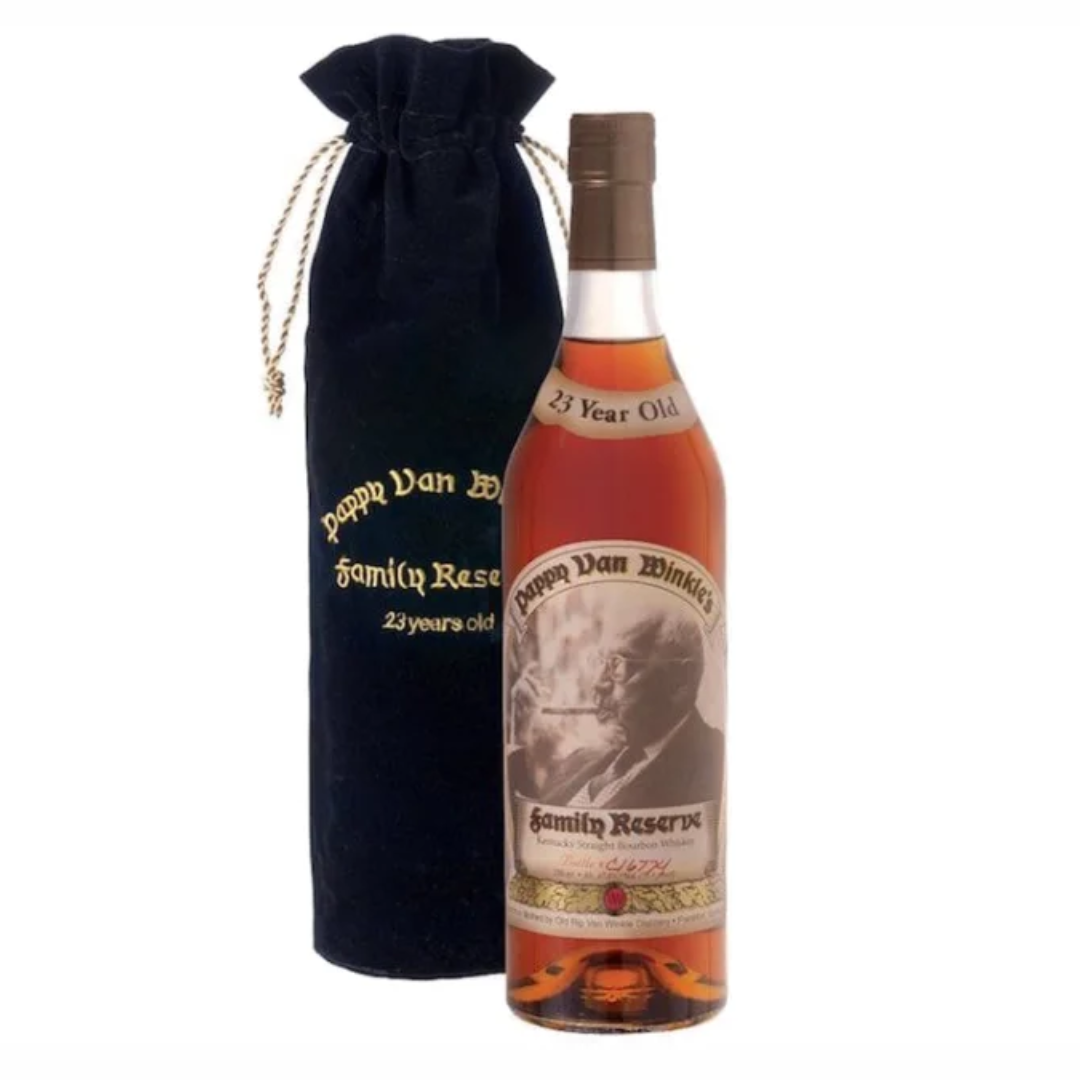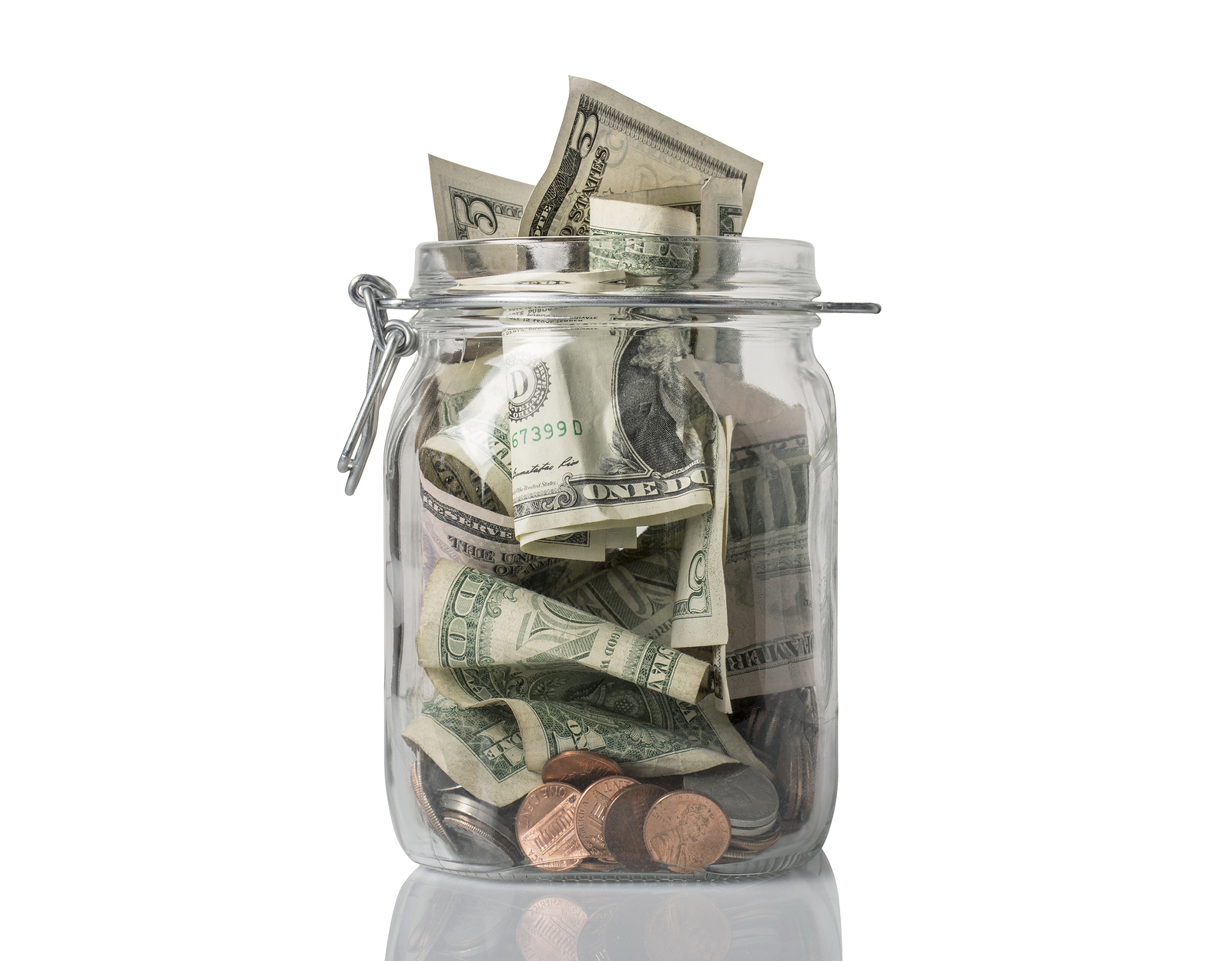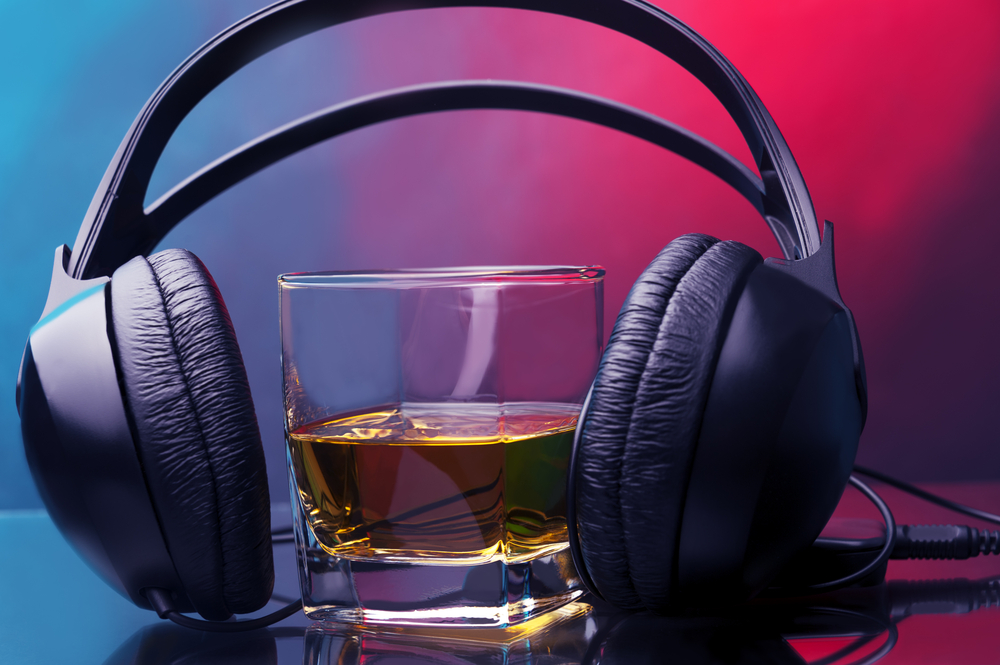“I Thought Groundhog Day Was in February?” Pennsylvania Governor Rewinds Clock Restricting the Operations of Bars and Restaurants to Mitigate the Spread of the Coronavirus

On July 15, 2020, Governor Wolf announced new statewide mitigation efforts in response to the recent increase in coronavirus cases in the western part of the state. While these mitigation efforts were described as “surgical and targeted,” these new executive regulations affect all operations of bars and restaurants throughout the Commonwealth, despite, as recent as last week, the Governor announced that he would be leaving it up to the local governments to determine any further restrictions.
Restricted Operations for Bars and Restaurants
Pursuant to his July 15th Executive Order, all business operations in the retail food services industry, including restaurants, wineries, breweries, private clubs, and bars are affected. These businesses are now required to strictly adhere to the following guidance:
- Completely shut down their operations unless the facility offers sit-down, dine-in meals or is serving take-out sales of alcoholic beverages. All service must be at a table or booth and bar service is strictly prohibited both indoors and outdoors;
- Alcohol can only be served for on-premises consumption when in the same transaction as a meal;
- Occupancy is limited to 25% of stated fire-code maximum occupancy for indoor dining, or no more than 25 persons for a discrete indoor event or gathering in a restaurant, which these maximum occupancy guidelines also includes any staff;
- Take-out sales of alcohol for the purposes of off-site consumption are permitted subject to any limitations or restrictions imposed by Pennsylvania law;
- Non-bar seating in outdoor areas (i.e. tables or counter seats that do not line up to a bar or food service area) may be used for customer seating if socially distanced; and
- Social distancing, masking, and other mitigation measures must be employed to protect workers and patrons.
In addition to these regulations, any licensed business defined as a “nightclub” pursuant to the Clean Indoor Air Act, are completely prohibited from conducting any operations despite the fact they would otherwise conduct operations the same as a restaurant.
These new restrictions come less than three full weeks after many counties in the eastern part of the state were finally permitted to enter the “green phase” after months of restrictions and continue to see their COVID-19 positive tests remain steady.
Pennsylvania Liquor Control Board Response
Further frustrating bar and restaurant owners, these new restrictions were issued with less than twelve-hours notice without any additional guidance and remain open to interpretation. While the Governor announced that he hoped to have additional guidance issued prior to these regulations taking effect, as of the writing of this blog the Pennsylvania Liquor Control Board continues “working on guidance and will issue it when it’s ready,” according to sources that have spoken to the Pennsylvania Liquor Control Board spokesperson.
A significant open question is what constitutes a “meal” for the purpose of these new restrictions. The Pennsylvania Liquor Control Board takes the position that a “meal” is defined as “food prepared on the premises, sufficient to constitute breakfast, lunch or dinner; it shall not mean a snack, such as pretzels, popcorn, chips or similar food.” This definition disparately affects breweries, wineries, and distilleries from other retail licensees which are usually smaller and not required to have a kitchen or a health permit and only have snacks available on their premises.
These new restrictions are going to force these licensees to get creative. Because alcohol can only be sold “in the same transaction as a meal” these breweries, wineries, and distillers would need to make arrangements with food trucks that would be tasked with the preparation of on-site food. This prepared food would then be billed to the licensee and would thus allow alcohol and food to be billed on one receipt to the consumer. Other licensees who are unable to come to arrangements with food trucks should inquire into obtaining shelf-stable food which would constitute a meal and does not require a health permit such as Uncrustable sandwiches and small boxes of cereal.
As further guidance is forthcoming, we will continue to update this blog should anything change. The full guidance can be found here.
For information regarding national and state liquor law matters or general manufacturing and distribution advice, please contact our Liquor Law, Licensing, Manufacturing, and Distribution Practice Group: Liquor Law Department Chair Theodore J. Zeller III, Esquire (tzeller@norris-law.com); David C. Berger, Esquire (dberger@norris-law.com) for Pennsylvania and New Jersey retail and manufacturing licensing; or contact our offices at 610-391-1800.
The information contained in this post may not reflect the most current developments, as the subject matter is extremely fluid and constantly changing. Please continue to monitor this site for ongoing developments. Readers are also cautioned against taking any action based on information contained herein without first seeking advice from professional legal counsel. For more topics related to COVID-19, visit our Coronavirus Thought Leadership Connection.




